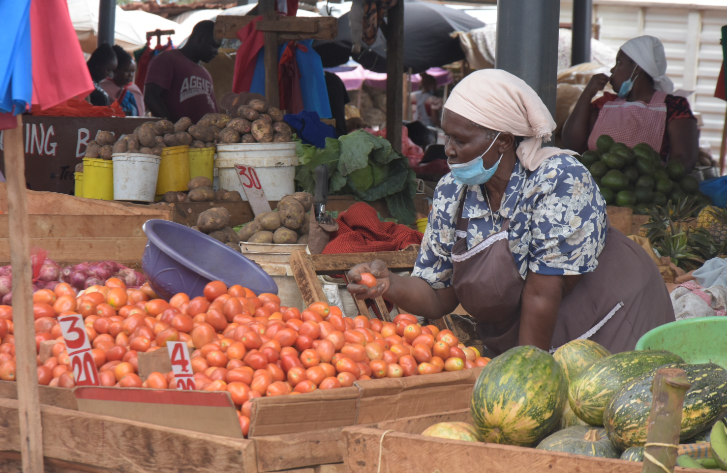NAIROBI — For Kenya’s small business owners, illness can mean more than just a health scare. It can mean lost income, shuttered shops, and hungry families. Now, a new insurance scheme promises to cushion the blow — with cash.
CIC Insurance Group, ECLOF Kenya and Noble Strides Insurance have launched a health insurance product aimed squarely at the people often ignored by traditional insurers: the boda boda rider, the market trader, the farmer deep in rural Kenya.
The product, called Afya Cash, will pay Sh1,000 per night to insured clients who spend at least two nights in hospital. The cover costs Sh1,200 per year, and payouts are capped at Sh50,000.
Esther Moi, Chief Executive of ECLOF Kenya, says the idea came from understanding their clients’ struggles. “Most of our clients are sole breadwinners,” she said. “If they fall ill and can’t open their business, they lose everything. With Afya Cash, they get money in their pocket while they recover.”
The Cost of Being Uninsured
Kenya’s small business scene has exploded in recent years, with more people turning to entrepreneurship to survive. But experts warn that many operate with no safety net. A medical emergency or theft can wipe them out in a day.
“We are living in a time when one unexpected event can shut down a business,” said Michael Mugo, CIC Group’s head of microinsurance. “Afya Cash is about protecting the people who’ve been left out for too long.”
He added: “We’re not targeting the wealthy. We’re going for mama mboga, kiosk owners, boda riders. They’re the backbone of the economy, but they’re vulnerable.”
According to the Association of Kenya Insurers (AKI), nearly two-thirds of SMEs now acknowledge they face serious risks — and more are seeking coverage beyond basic fire or theft insurance.
Cash in Hand, Not to Hospitals
Unlike Kenya’s Social Health Authority (SHA), which pays money directly to hospitals, Afya Cash puts the money in the hands of the patient. It’s a subtle but powerful difference.
“This isn’t about covering hospital bills,” said Moi. “It’s about making sure your family can eat while you’re recovering.”
It’s also designed to be simple. Once a client is hospitalised for more than one night, the payouts start automatically from day two. The process is designed to avoid the red tape that often frustrates low-income earners.
Partnerships to Reach the Grassroots
The new product will be distributed through ECLOF’s microfinance network, which already serves more than 55,000 Kenyans — 60 per cent of whom are women. The firm hopes to reach over 200,000 in the next five to seven years, through its 40 branches across the country.
Maxwell Bosire, managing director of Noble Strides, said the partnership model is key. “By embedding insurance into loans, we’re removing barriers. It’s there when they need it, without requiring a separate sign-up,” he said.
Many insurers are now tweaking their products to fit the cash flow of small businesses — offering flexible payments and add-ons for things like stock loss or equipment failure.
A Timely Launch
The launch of Afya Cash comes at a sensitive moment. Weeks of anti-government protests have disrupted business across Kenya, especially in informal trading areas. Many small enterprises suffered damage or were forced to close.
It has renewed calls for better financial protection for the informal sector — which accounts for over 80 per cent of Kenya’s workforce.
Kenya’s insurance penetration remains stubbornly low, hovering under 3 per cent, mostly from mandatory motor and health policies. Products like Afya Cash may help change that, one trader at a time.
“Insurance should not be a luxury,” said Mugo. “It should be something that protects every Kenyan, whether they run a company or a vegetable stall.”

